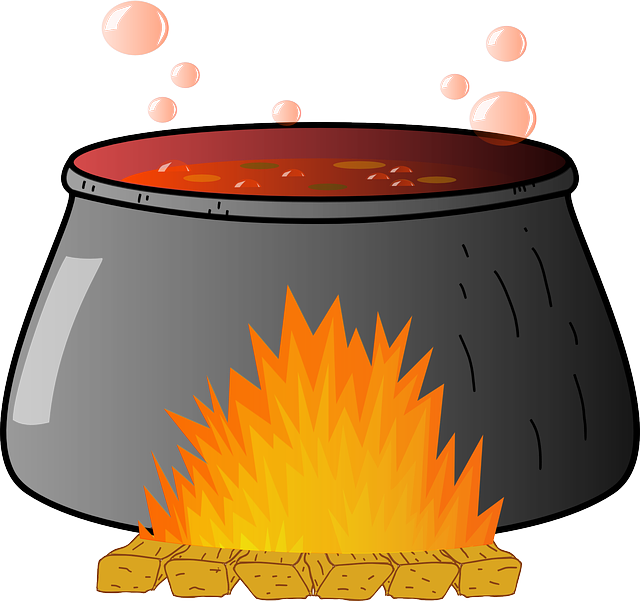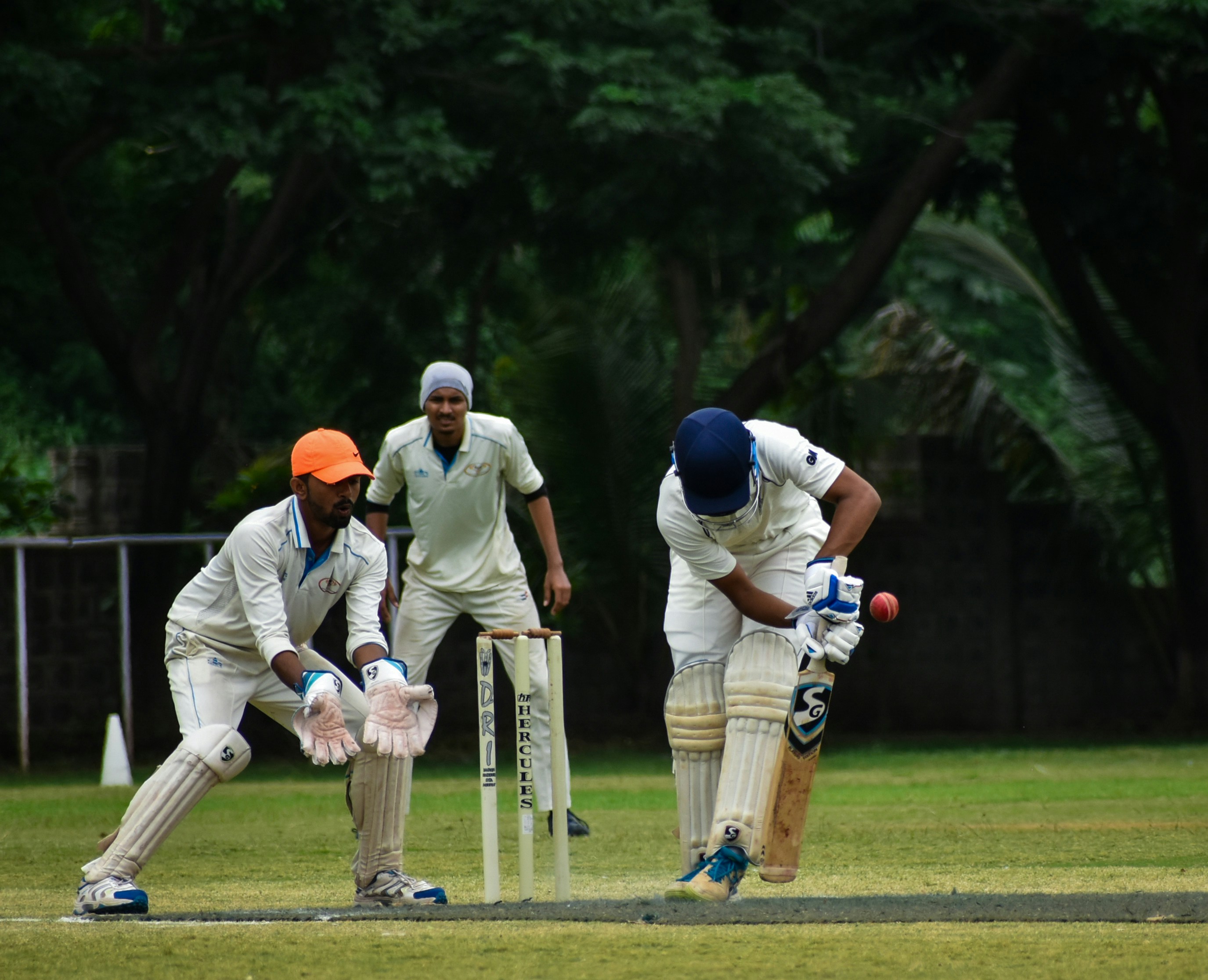
Book Name;
Emotions, Mobilization and South Asian Politics.
Editors;
Amelie Blom, Stephanie Tawa Lama-Rewal.
Please note that this article may contain affiliate links !!!
Believing staunchly on anything compels one to act and react for it.
It was only emotions aroused by Mark Antony against the murderers of Julius Caesar that killed the conspirators by the Romans in revenge of their beloved Caesar!!
It is emotions, sweet or bad, that plays a very important play in any sphere of life.
How politics and political life could be exception to it which is nothing in itself but a game of emotions!
The politics of South Asian countries, India, Pakistan and Bangladesh are more intense and emotional than the other world countries. There is less politics but more emotions where all, leaders and followers, are emotional.
The book in discussion analyses tries to parameter the role of emotion in the South Asian politics of these countries.
The three specific questions analysed in the book are, the role of emotions in the South Asian politics, converse of this question what happen when emotionally charged people mobilized by it, thirdly the protest-culture or the protest-ethos of these three South Asian countries.
Also Read: 8430 miles 150 years ago!
The 14 chapters divided into 306 pages explores the different aspects of this emotional phenomena of politics.
The starting chapter lay the founding thesis of “emotions”, positive or negative and their contribution to political process and development of a country.
The next chapter dives deep why and how the context or background of an event and social norms of that society affect or modulate the role of emotions in politics of South Asia.
How and why emotions are used in politics, for a specific cause which also include and exclude a community from the political spectrum of that country is the core topic of 3rd chapter.
The 4th chapter interviews and analyses a former Pakistani militant Jihadist of 1990s and his raison detre for joining the militant organization for Jihad.
The 5th one dissect the dichotomy of rationality and emotion through the analysis of crowd behaviour or psychology by referring to the communal riots of Northern India, 1886 and the Kanpur riot of 1913 and Gandhi’s stress on political self-control or asceticism.
The poetry has always been a cogent tool in arousing emotions whether of love and beloved or for a political cause, its utility could not be easily denied.
Also Read; Bringing Peace in a technical way!
This is the topic of 6th chapter which focuses on Urdu poetry and its use in the Pakistani politics for protest.
The story of AASHA movement in Pakistan is dealt with in the 7th chapter of the book. The passing of Anti-Harassment laws in Pakistan in 2010 and the travailing path of getting these laws passed in Pakistan was a nerve raking struggle with state and its bureaucracy.
The Delhi Jansunwai and its utility and futility after 2011 in dealing with some critical issues has been discussed in the 8th chapter. The Jansunwai is something akin to the South Asian Panchayat, Jirga or Commune system for resolving and articulating on the issues faced by the dwellers of the area.
The 9th chapter elaborates how emotions utility could be find in the Indian government use of it against the Maoist guerrillas of CPI (M) in the Chattisgarh state. The Indian government used local people and immigrants’ resenting emotion in its counterinsurgency tactics against these guerrillas.
The cinema foodies relish when the villain is beaten and defeated by the hero in a film. This technique is used in every film where every hero finally wins and defeats the villain. The symbolic victory of Good over Evil!!
This interesting topic has been tackled in the 10th chapter with special pinning on the South Indian cinema. The two South Indian film stars, Chiranjeevi and Pawan Kalyan used their stardom for their political campaigns in the elections of 2009 and 2014 respectively.
Two emotions, nostalgia of past and hope for a bright future, are common to all humans. The 11th chapter describes the Vaidik Santam Dal group of Bengal believing about the coming back of the legendary freedom fighter Subhash Chandra Bosh, the Neta Ji, reuniting the divided South Asia again for a strong and powerful future for its dwellers.
The sermons by muslin preachers of Bangladesh are their cutting tool to raise their point and ridicule opponents. The 12th chapter discusses the utility of this tool both in mass mobilization and its demobilization.
Also Read: Tagore: poet, philosopher, nationalist
The 13th chapter elaborates as how the two words, “hurt” and “censorship”, are used by differing communities with their own interpretation of the words and referral use.
F.M Hussain and SAHMAT group of artists work was termed as “hurting” and disgusting by the general public while the concerned artist community and art connoisseurs believed that this “censorship” is an attack on them by the public.
Thus they are an “Injured” community which are at the receiving end of this hatred and censorship. The words “hurt”, “censorship” were used by both communities in relative way for their cause!!
The 14th chapter of this book analyses the ICT formed by the Bangladeshi government to prosecute the war criminals, the Shahbag movement (2013), the execution of an Islamist Mullah Abdul Qadir by this Bangladeshi ICT, the death of an Engineer Rajib Ahmed Haider.
Also Read; Local Colors in High Color!
How the two sides, Islamist and Secular, used the emotions of general public for their cause. One side standing for religion, the other one for state and nationalism!!
The Islamist claimed that under the pseudonym of Thaba Baba, Engineer Rajib Ahmed Haider had satirized Islam. Thus a death warrant was posted on social media against him.
While the secular and nationalist believing on the nationalism and war criminals prosecution upheld Rajib Ahmed cause and called him a true son of soil and a nationalist who laid his life for his cause.
A good read for my emotional South Asian fellows to know about how emotionally they are black mailed and how for even slight issue they shed theirs and others blood.


